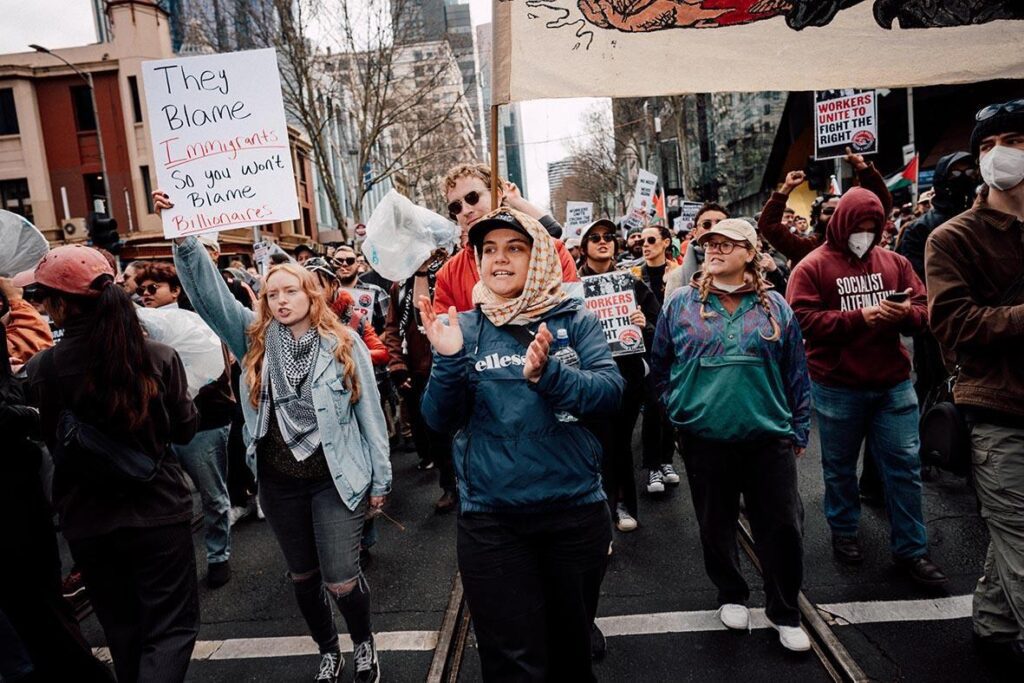The rise of far-right and fascist politics in Australia mirrors trends in the West, recently highlighted by the “March for Australia” protests that attracted neo-Nazi participants. While the turnout was relatively small, it underscores a troubling acceptance of racist ideologies. Anti-racist marches are crucial to counter these developments, yet the left must also address the root causes of racism and fascism linked to the social and economic conditions fostered by capitalism.
Recent federal elections revealed nearly 2 million votes for far-right parties, signaling a persistent reservoir of potential support for extremist movements. To combat this, the left must engage and empower the politically passive working-class majority who oppose racism but feel alienated from traditional political activism. A revived socialist movement is essential, as mainstream center-left parties, including Australia’s Labor Party, have often adopted elements of far-right agendas, exacerbating the issue.
Building an organized socialist presence will be vital in countering the far right’s influence across various fronts, from streets to schools. Efforts by groups like Socialist Alternative and Victorian Socialists reflect the need for greater political engagement in communities affected by issues like the cost of living and underfunded services.
Local organizing in working-class areas, like Thomastown, aims to shift sentiments towards socialism, demonstrating that political consciousness can increase through grassroots conversations. The ultimate goal is to foster a powerful anti-fascist movement capable of challenging not only the far right but also the wider capitalist system that perpetuates inequality and social division.



